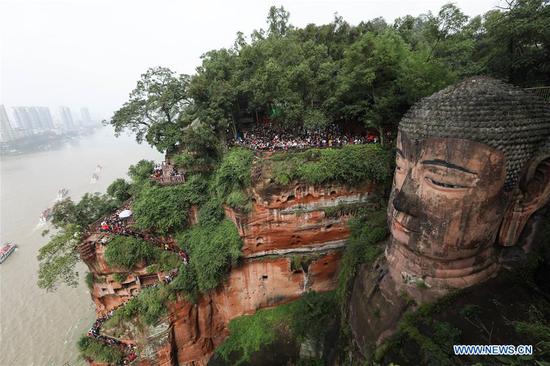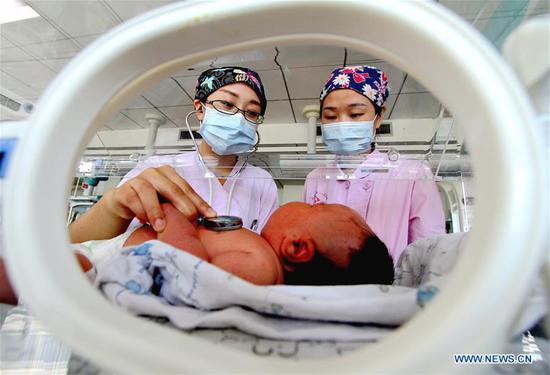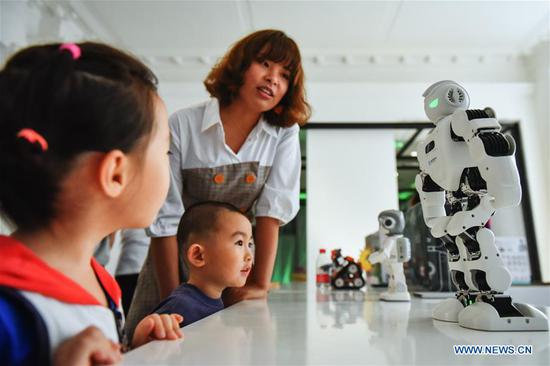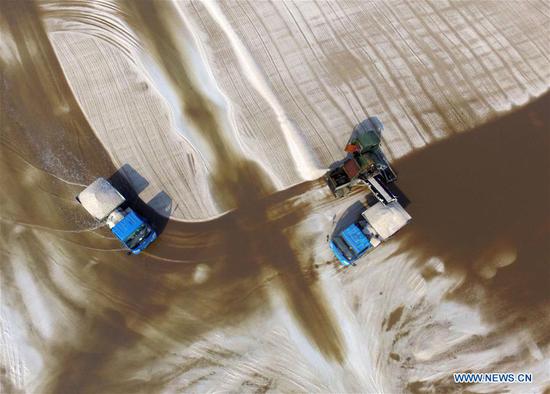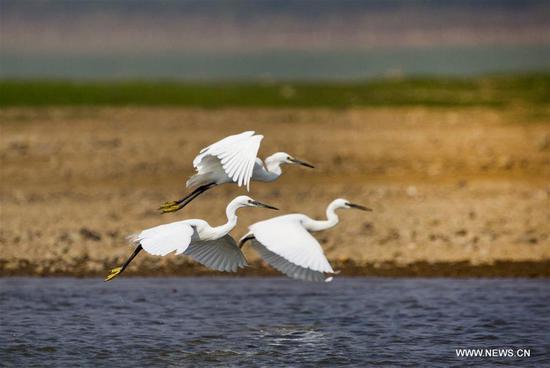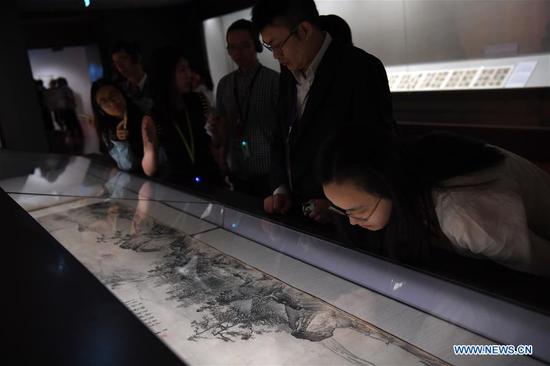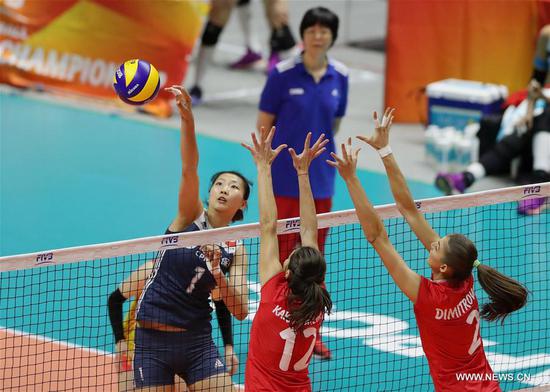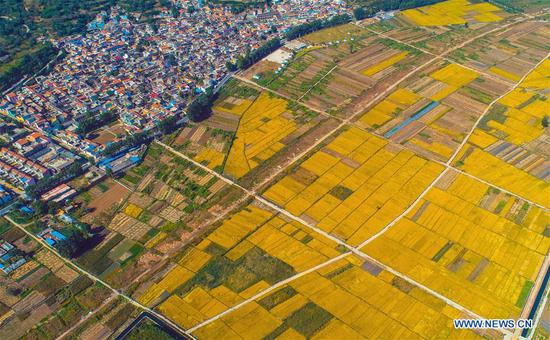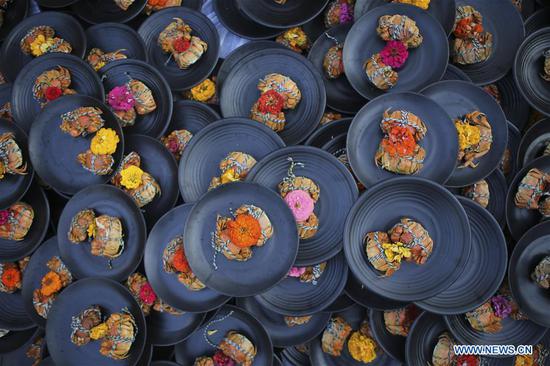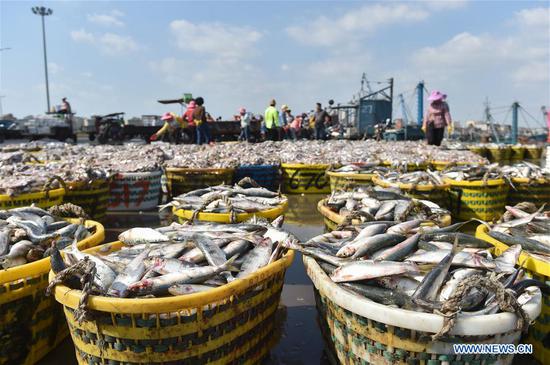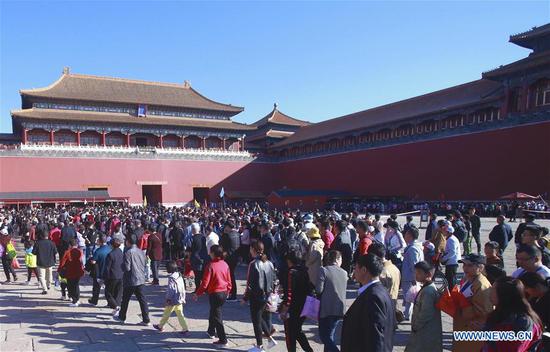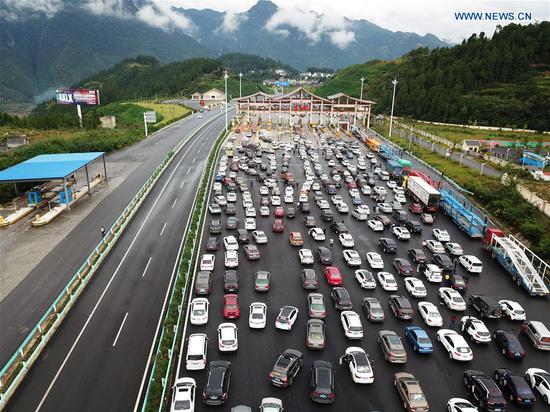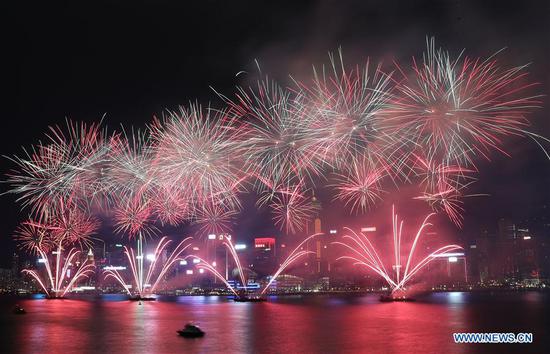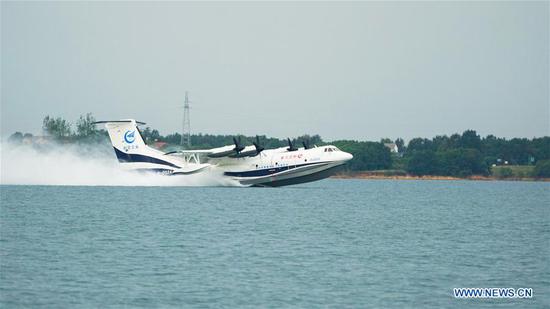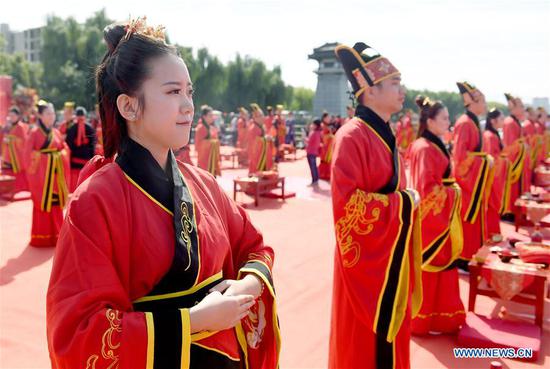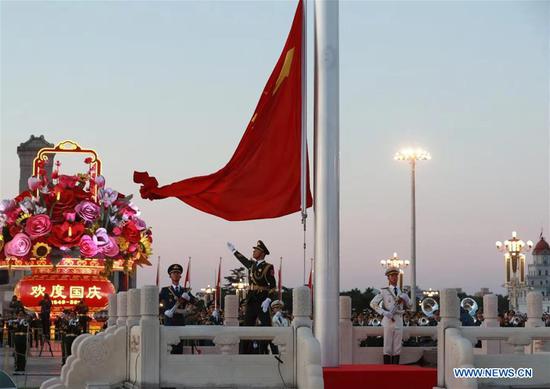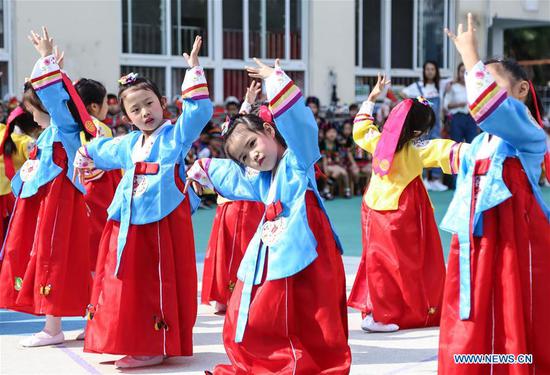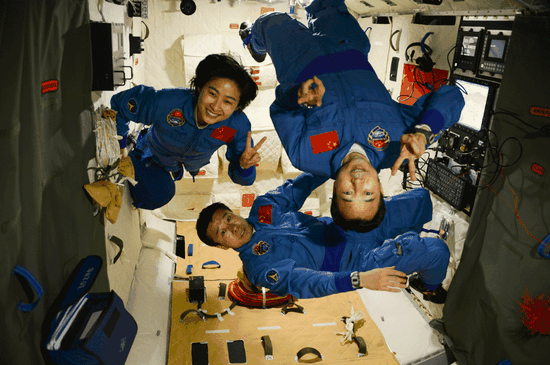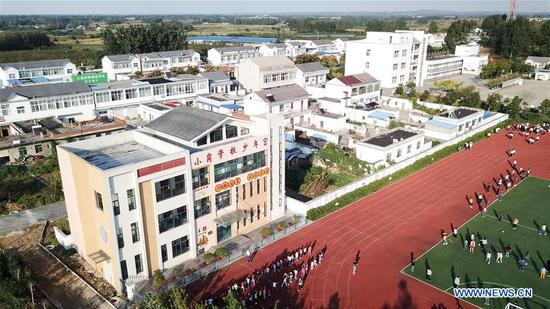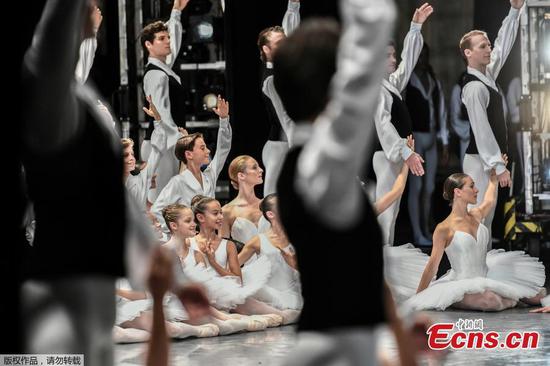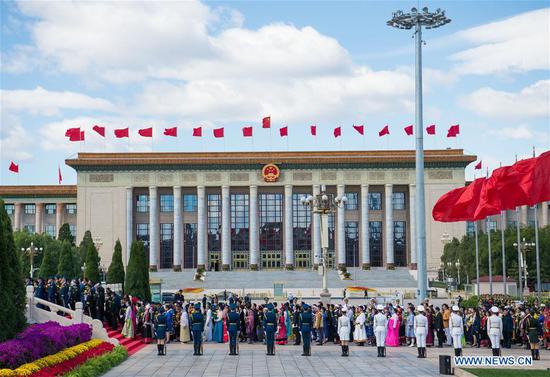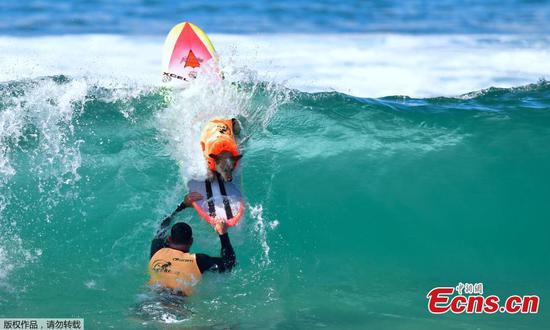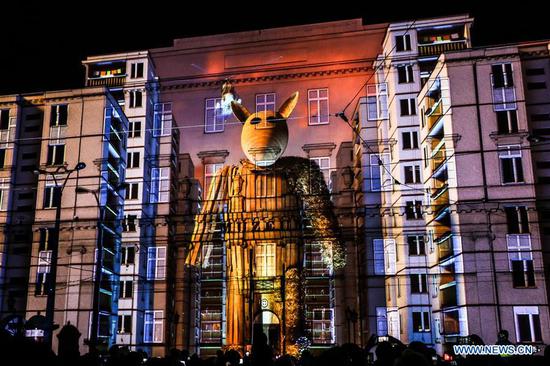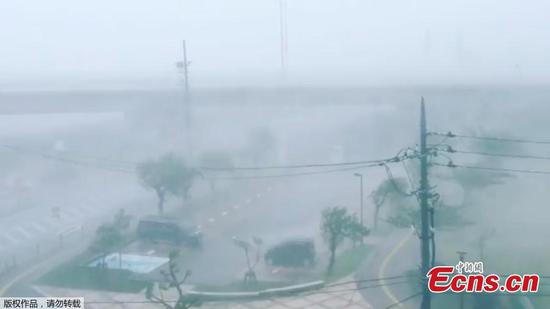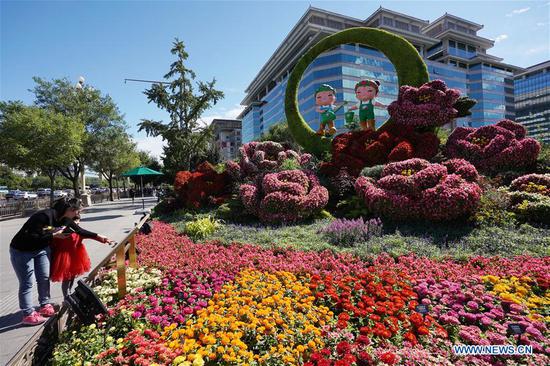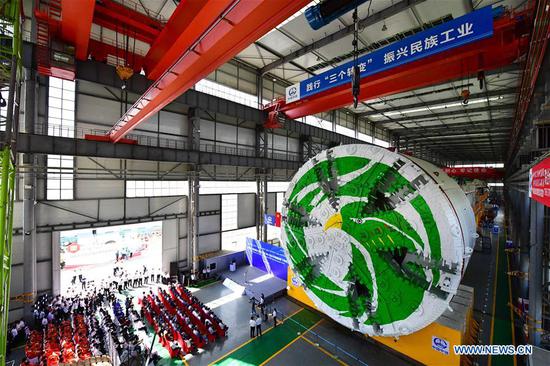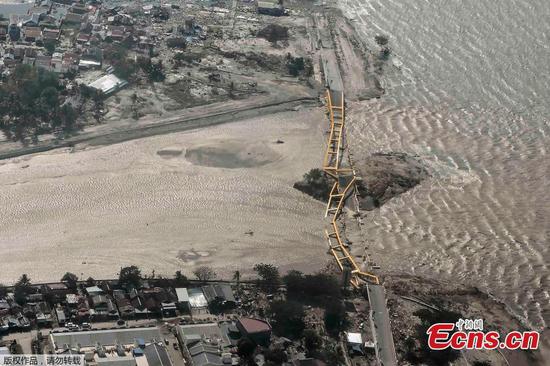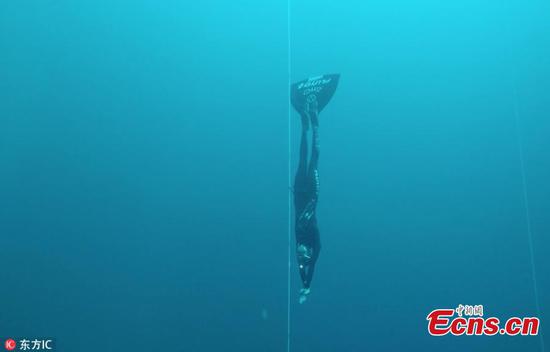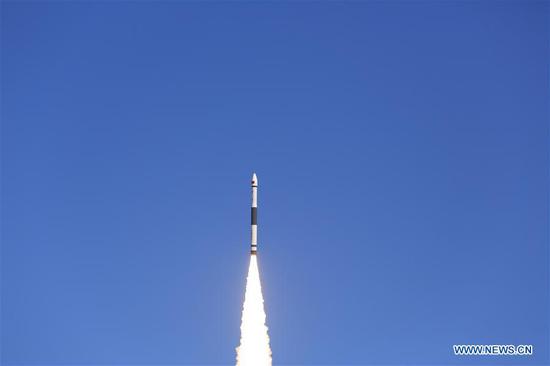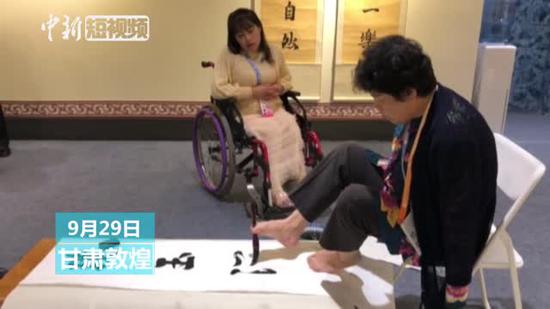China on Friday hit back at U.S. Vice President Mike Pence's unfounded accusations against China on issues concerning Taiwan, the South China Sea, human rights and religion.
Pence delivered a speech at a think tank on the evening of Oct. 4, claiming that China interferes in U.S. internal affairs and elections and making accusations against China's domestic and foreign policies.
"There is only one China in the world, and Taiwan is an inalienable part of China's territory," said Foreign Ministry spokesperson Hua Chunying, adding the U.S. has no right at all to pick on relevant countries who chose to develop relations with China on the basis of the one-China principle.
"Taiwan independence" forces and their separatist activities pose the gravest threat to peace and stability across the Taiwan Strait, the spokesperson said.
"We urge the U.S. to earnestly abide by the one-China principle and the stipulations of the three Sino-U.S. joint communiques, prudently and properly handle Taiwan-related issues and work with China in opposing and restraining 'Taiwan independence' forces while bearing in mind the larger picture of China-U.S. relations as well as peace and stability across the Taiwan Strait," said Hua.
Hua said China has indisputable sovereignty over the South China Sea islands and their adjacent waters, and that installing necessary national defense facilities on the Nansha Islands which are Chinese territory is China exercising its right of self-preservation and self-defense as a sovereign state in accordance with international law.
"It has nothing to do with 'militarization'," she said.
"We urge the U.S. to stop stirring up troubles and creating tensions. The U.S. should respect efforts made by relevant parties to resolve the issue through negotiation and consultation," said Hua.
The spokesperson said the Chinese government attaches great importance to protecting and advancing human rights, and people of all ethnic groups in China enjoy full freedom of religious belief in accordance with law.
The Chinese people have a greater say on the human rights situation in China than all others, said Hua, calling on the U.S. side to "look in the mirror and reflect on its own human rights problems," instead of exploiting human rights and religious issues to interfere in China's internal affairs.









